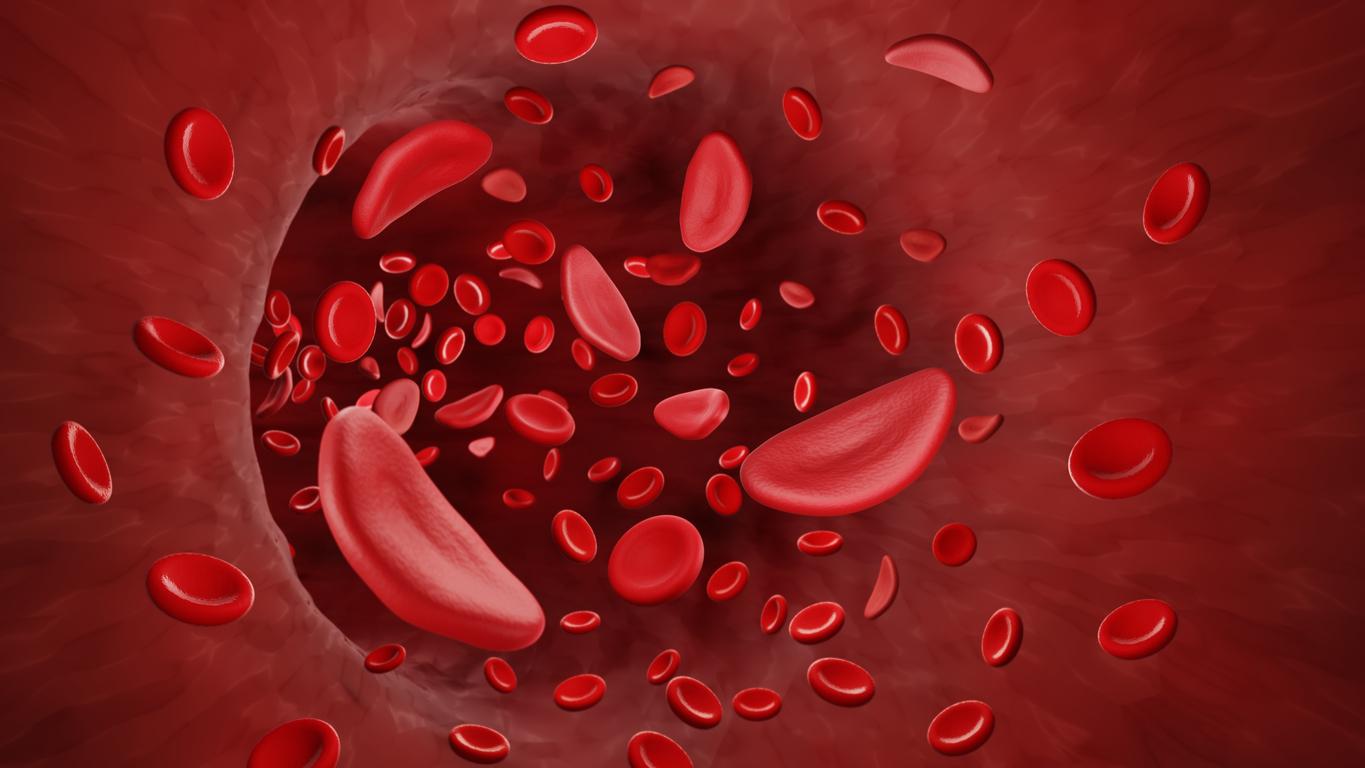May 22, 2008 – A systematic screening program for prostate cancer, set up in Austria, would have reduced the number of deaths attributed to this cancer, says a recent study1.
Over 85% of men aged 45 to 75 in the state of Tyrol had at least one screening test for prostate cancer between 1993 and 2005. This test consists of a blood test to measure the level of prostate cancer. prostate specific antigen (PSA). The PSA level is an indicator of the presence of prostate cancer.
In 2005, among men under 80, the death rate from prostate cancer in the state of Tyrol was 54% lower than the death cases estimated by researchers. This proportion was 29% in the rest of Austria where routine screening was not offered. Researchers estimated death cases based on death rates from 1986 to 1990.
The reduction in the number of deaths may be explained by the premature detection of prostate cancer, which improves the success rate of treatments, note the authors of the study.
Another sound of the bell
Systematic screening for prostate cancer is not unanimous among doctors. In Canada, medical authorities do not recommend systematic screening for prostate cancer since the ability of the tests to improve the chances of survival and lengthen life has not been demonstrated.
The College of Physicians of Quebec as well as the Association of Urologists of Quebec suggest talking with a doctor before undergoing a screening test in order to know its benefits and drawbacks.
Prostate cancer affects one in eight men before the age of 80 and one in 27 will die from it2.
Charles Désy – PasseportSanté.net
1. Bartsch G, Horninger W, et al. Tyrol Prostate Cancer Screening Group. Tyrol Prostate Cancer Demonstration Project: early detection, treatment, outcome, incidence and mortality. BJU Int, 2008 Apr; 101 (7): 809-16.
2. College of Physicians of Quebec. Prostate Cancer Screening: Using PSA. February 1998. www.cmq.org/pdf [Consulté le 22 mai].

















